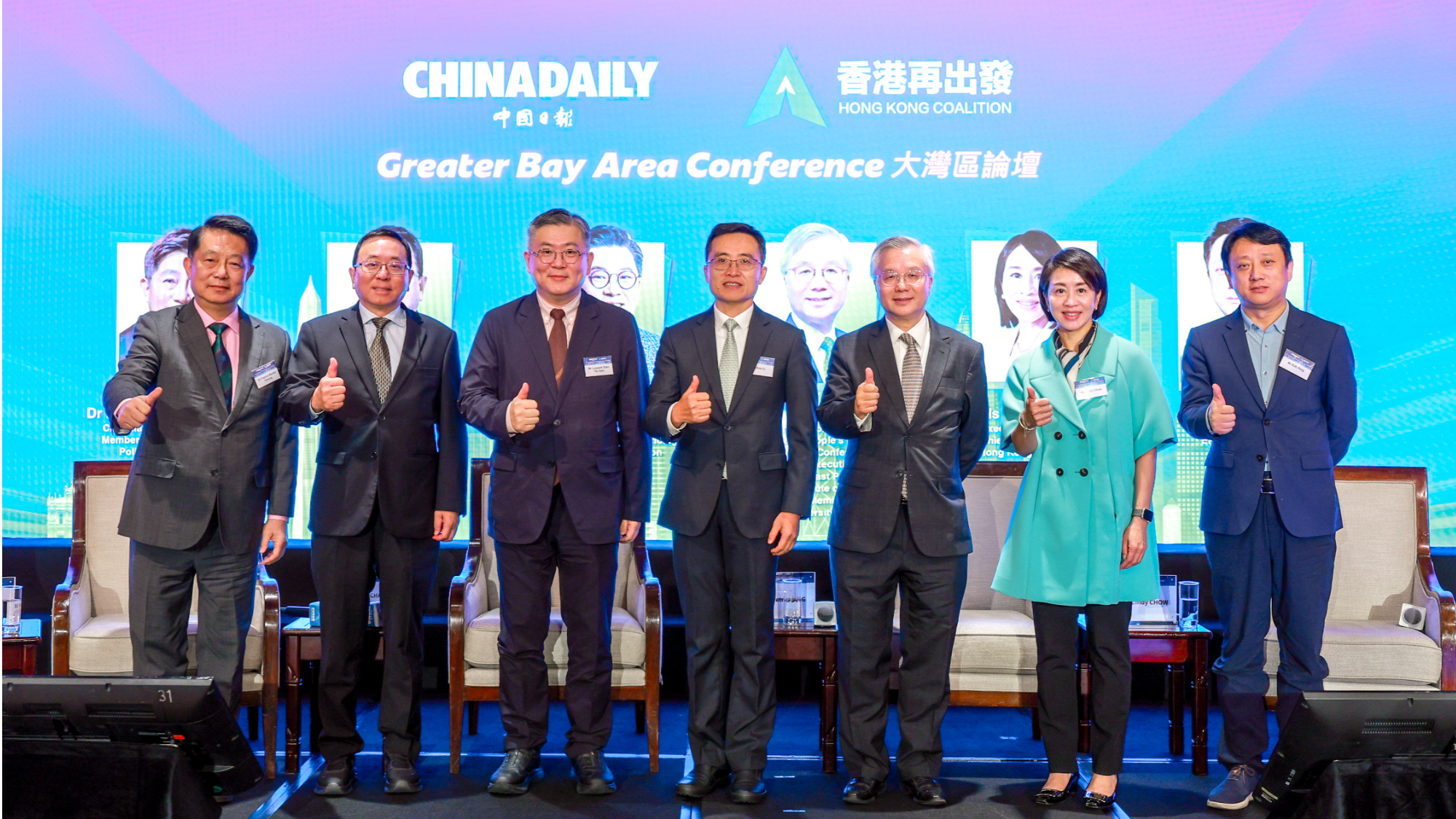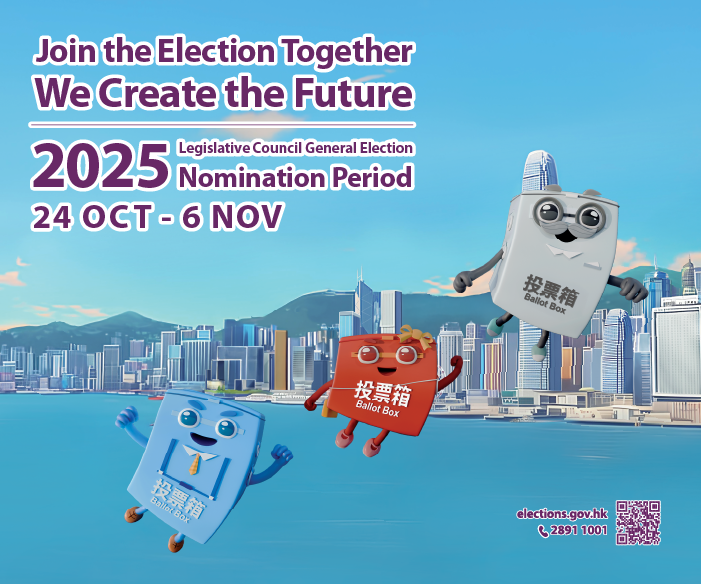
The Hong Kong Special Administrative Region should leverage its tax advantages, education resources and Northern Metropolis planning and collaborate with other cities in Guangdong-Hong Kong-Macao Greater Bay Area to turn the city-cluster into a top-notch innovation hub, attracting global enterprises and talent, panelists agreed at a conference in Hong Kong on Thursday.
They made their remarks at the Greater Bay Area Conference 2025: Financial Connectivity, Nurturing Talent, Building Cultural Bridges, organized by China Daily and the Hong Kong Coalition. The second panel discussion of the conference focused on how talent development can propel the growth of the innovation ecosystem engine in the Greater Bay Area.
Most of the panelists agreed that support rendered by governments can provide the credibility and resources that startups need.
READ MORE: HK’s efforts to attract talent and investment will pay off
“From macro to medium to micro, I think the central government, municipal governments and even the Hong Kong SAR government should do something with the allocation of resources geographically or across the value chain so that they can play a more flexible role,” said Francis Cheung, chairman of Doctoral Exchange and a member of the Chief Executive’s Policy Unit Expert Group.
Peter Kung, a member of the National Committee of the Chinese People’s Political Consultative Conference and a member of the Chief Executive’s Policy Unit Expert Group, said the “one country, two systems” principle can be capitalized upon — in particular the city’s low tax system — to attract more global talent to come to work, live, or spend the weekend in Hong Kong.
“Number two is to make good use of the Northern Metropolis by turning it into a place where there are top universities, top companies and top talent, and make it a place that can compete with Silicon Valley in the United States,” said Kung, who is also the former president of the Taxation Institute of Hong Kong and a council member of the Chinese University of Hong Kong.
Panelists agreed that Hong Kong is rich in education resources for nurturing talent.
Hong Kong University of Science and Technology (Guangzhou) Founding President Lionel Ni said: “Hong Kong actually is in a very good position to nurture future talent with five world-ranking universities. The city (is in) a very good position to further strengthen the education system, and has to collaborate with the Greater Bay Area to provide a much better ecosystem that can encourage talent and enterprises to stay in Hong Kong.”
“Hong Kong's educational resources are still very good for nurturing new aspirations and new technologies for the future. As the company has started some specific industry-university-research projects with the University of Hong Kong and the Hong Kong Polytechnic University this year, can we upgrade the project to a platform level in the future?” Xue Peng, vice-president of EHang Intelligent, said.
READ MORE: HK labor chief: Over 300,000 talent applications approved
With tax advantages and education resources, the SAR also needs to work with other Greater Bay Area cities to lure global enterprises and talent.
“We need to have a company able to take advantage of education in Hong Kong, product research in Shenzhen, manufacturing in Dongguan, trade connections in Guangzhou and fundraising and intellectual (property) protection in Hong Kong. And also we can test our market in Southeast Asia and Belt and Road countries. This affects whether companies and talent will come to Hong Kong,” said Leonard Chan Tik-yuen, founding chairman of Hong Kong Innovative Technology Development Association.
Cindy Chow, executive director and chief executive officer of Alibaba Hong Kong Entrepreneurs Fund, said she hopes Hong Kong can nurture more unicorns in the next decade. “When founders think about starting their businesses, they will not only think about Silicon Valley or the Boston area in the US but also Hong Kong.”



